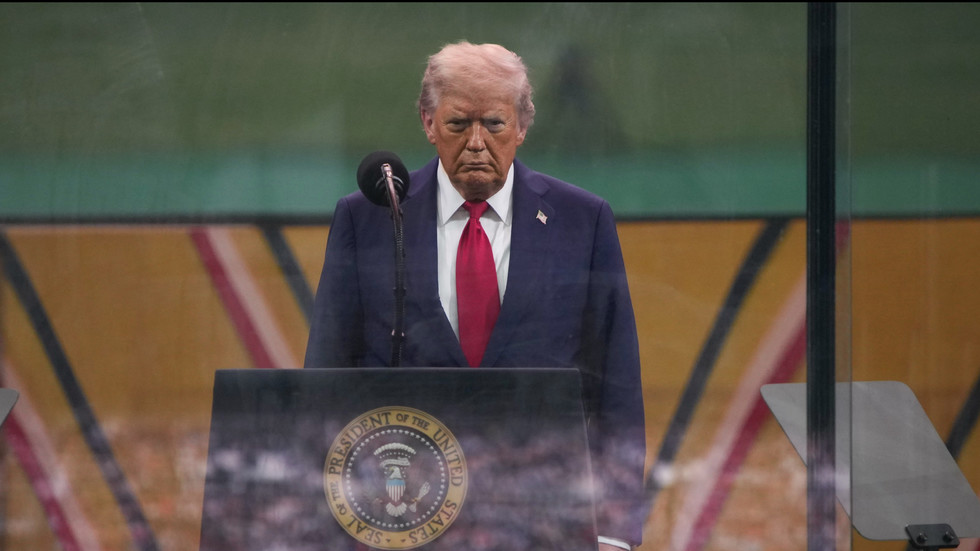But here we are.
Television has only been a part of our lives for 70 years.
And the Internet has been with us for 40 years.
But both have been taken over by manipulators who have changed our societies, our family values, and turned the masses into woke new-speak parrots.
This is a battle we have to fight to protect our children & their future.
NATO has decided to increase the NATO Rapid Reaction Force from 40,000 to 300,000 men, 7.5 times, and station it on the Russian border.
In doing so, they have once again violated their own signature, that of the Charter for Security in Europe, by directly threatening Russia.
Russia has no possibility to defend its huge borders and can only ensure its security by ensuring that no foreign force sets up a military base on its borders (scorched earth strategy).
Already, the Pentagon is circulating prospective maps of the dismantling of Russia that it hopes to implement.
The former Russian ambassador to NATO and current director of Roscosmos, Dmitry Rogozin, has responded by publishing on his Telegram account the coordinates of the NATO decision-making centers, including the Madrid summit room.
Russia has hypersonic launchers, for the moment impossible to intercept, which can carry a nuclear warhead in a few minutes to the NATO headquarters in Brussels and the Pentagon in Washington.
To avoid any misunderstanding, Sergei Lavrov specified, alluding to the Straussians, that the martial decisions of the West were not taken by the military, but by the US State Department. It would be the first target.
So the question is: will the West play for all it’s worth? Will they take the risk of a Third World War, even though it has already been lost, just to avoid dying alone?
Geopolitics.co
CLOUDFLARE
Are you Human. Verified
Select these pictures. Verified
Twitter needs to verify the security of your connection.
Get an email code. Verified.
Your account is locked (because we can't access your email account)
https://www.rt.com/news/621702-ideology-behind-new-america/
The ideology behind the ‘New America’ is more dangerous than it looks
UK THREAT LEVEL RAISED
UK security services have increased 24 Hour surveillance & live data analysis on UK Pensioners including foreign tracking.
Pensioners are alleged to be planning their next holidays abroad sleeping on Spanish beaches & watching Netflix.
Installation of new UK databank cities to handle the increased data as 1000 surveillance corps go into overdrive as UK Pensioners are classified as Domestic Terrorists & security services develop Pensioner Derangement Syndrome, PDS & paranoid psychosis.#mossad














